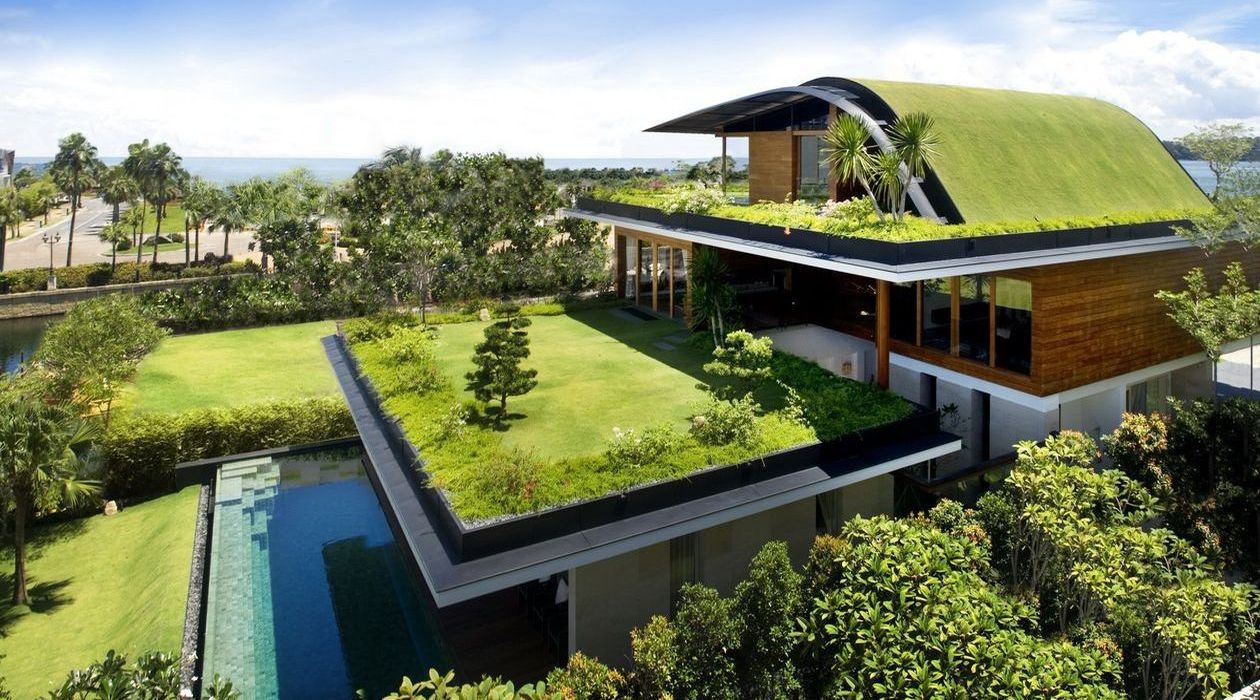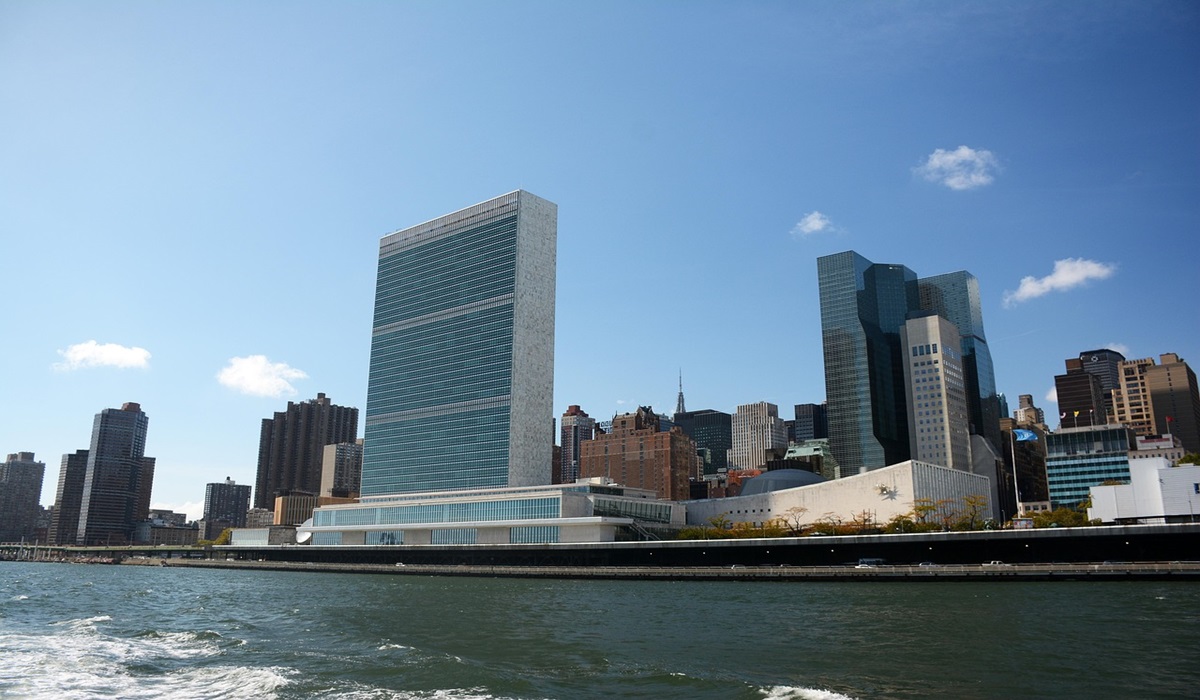Sustainable Materials Market Dynamics Owing To Increasing Focus on Eco-Friendly Products
- Ronak Shah
- World News
- December 30, 2024

The Sustainable Materials Market is estimated to be valued at US$ 318.21 Bn in 2024 and is expected to exhibit a CAGR of 12% over the forecast period 2024-2031, as highlighted in a new report published by Coherent Market Insights.
The sustainable materials market is primarily driven by the increasing focus of governments as well as businesses towards adopting eco-friendly products and processes. Most organizations now aim to reduce their carbon footprint and opt for sustainable alternatives in order to build an environment-friendly image. Moreover, rapid urbanization and industrialization have caused significant pollution levels globally. This has accelerated the demand for green building materials, bio-based chemicals and biofuels which can help lower carbon emissions. Changing consumer behavior and rising awareness regarding harmful effects of petroleum-based products on the environment has also boosted the sales of sustainable materials.
Key Market Trends:
Growing Popularity of Green Buildings– There has been a significant rise in construction of green buildings by both public as well as private sector organizations in past few years. Green buildings utilize materials, which are environment-friendly during their entire life cycle right from extraction and manufacturing to usage and disposal. This includes sustainable wood, bamboo, recycled materials as well as composite materials. Additionally, eco-label certifications provided by LEED (Leadership in Energy and Environmental Design) to green buildings have enhanced their credibility and accentuated their market value.
Increasing Demand from Packaging Industry– The packaging industry is displaying high demand for sustainable materials such as bio-degradable plastics, plant-based resins, recycled paper and glass etc. Stiff government regulations aimed at curbing single-use plastic usage coupled with growing environmental concerns among consumers have accelerated the transition towards sustainable packaging formats. Most prominent brands are now focusing on green packaging solutions made from renewable resources in order to strengthen their environmental reputation and boost sales. More coverage can be found in the sample copy.
Market Opportunity
Bio-based materials are gaining popularity as an eco-friendly alternative to conventional petroleum-based plastics. They are derived from renewable biomass sources including vegetable fats and oils, corn starch, and microorganisms. Bio-based plastics help reduce dependence on fossil fuels and lower carbon footprint. Growing environmental concerns and stringent regulations are fueling demand for bio-based materials in various industries.
The packaging industry is increasingly adopting sustainable materials to manufacture eco-friendly packaging products. Sustainable materials help reduce packaging waste and are recyclable/reusable. Factors such as bans on single-use plastic, consumer demand for sustainable options, and initiatives to curb plastic pollution are encouraging manufacturers to use renewable and recycled content in packaging. This provides opportunities for further utilization of sustainable materials in the packaging sector.
Key Market Takeaways
The global sustainable materials market is anticipated to witness a CAGR of 12% during the forecast period 2024-2031, owing to stringent regulations promotingadoption of green materials. On the basis of material type, bio-based materials segment is expected to hold a dominant position, accounting for over 30% share by 2031, owing to their renewability and eco-friendly nature.By application, the packaging industry is projected to remain dominant over the forecast period, due to extensive use of sustainable materials in its operations.
Competitor Insights:
BASF SE
Dow Inc
DuPont
Weyerhaeuser Company
IKEA
Amcor plc
Recent Developments in Sustainable Materials Market
In June 2023, a Canadian sustainability startup Deep Green Bioplastics completed a 10-ton commercial pilot run to produce bioplastics from algae. The company uses waste carbon emissions from nearby industrial plants to cultivate algae which is then processed into a biodegradable bioplastic resin. It believes algae can produce over 60,000 pounds of bioplastics per acre annually with minimal inputs.
In July 2023, Lendlease, one of the largest construction firms, completed Asia’s first multi-story office building made with bamboo scaffolding and mass timber in Singapore. The building demonstrated 57% reduction in embodied carbon versus a concrete structure. Other projects featuring mass timber, hempcrete and other agri-fiber composites are also in the pipeline. Full coverage of the report available here.








